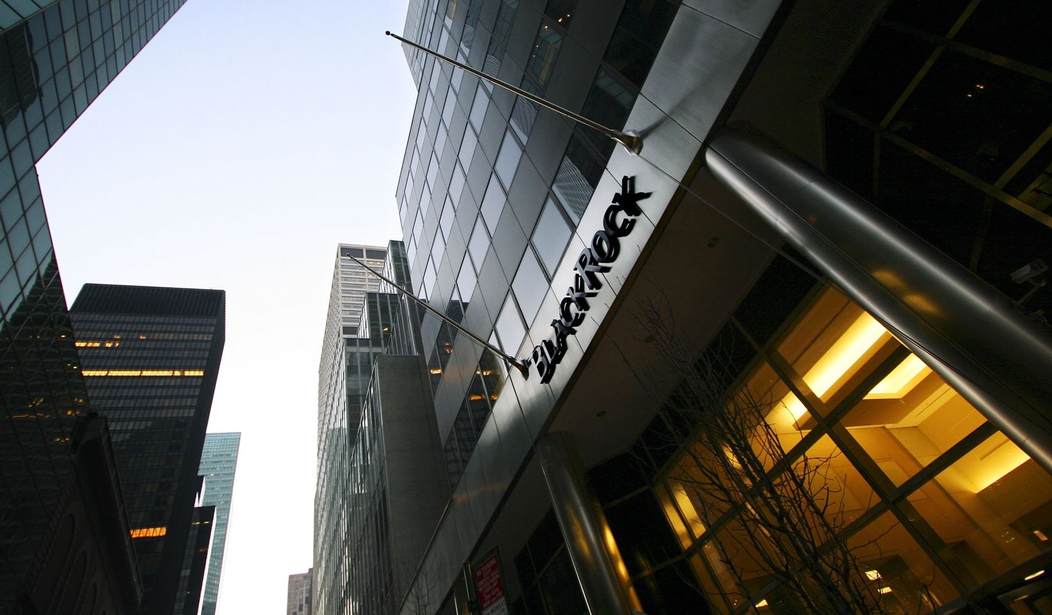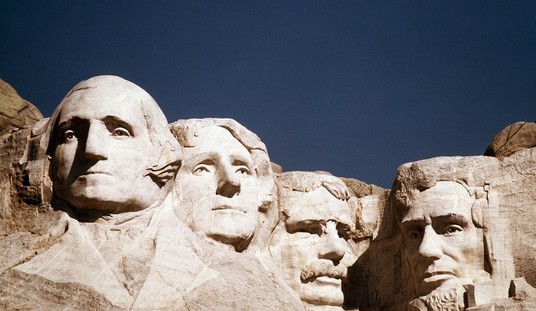By Daylea DuVall Camp
BlackRock CEO Larry Fink’s 2025 Letter to Investors is heavy on the theme of “democratization of investing,” which Fink says will expand opportunities for “prosperity in more places, for more people.”
To achieve this seemingly noble endeavor, Fink wants to “tokenize” investments so that they are accessible to more people. Tokenization is the process that will make this vision a reality because it is the transition from paper or electronic deeds to digital deeds recorded and exchanged on the blockchain (internet). Fink’s letter and other proponents of tokenization make the analogy that tokenization is akin to democratization.
Digitally recording assets on the blockchain provides the technological capability to divide a single illiquid asset among many owners. This is called fractional ownership, and it is one of three primary benefits of tokenization. In a world with tokenized investing, multiple people will be able to invest in a single asset by purchasing a fractional share of that asset. There is no limit to what kind of asset can be tokenized. For example, everything from bridges to precious art can eventually be tokenized.
Fink uses a bridge as an example of an illiquid private investment that is not normally found in retirement accounts but could be included under tokenization. Traditionally, one who invests in a bridge would not realize the profit until the bridge is sold. An investor cannot withdraw money from the bridge. But in a tokenized economy, the bridge would have a digital deed that could be divided into fractional shares that could be bought and sold in retirement accounts.
The point of this article is not to explain the nuts and bolts of tokenization, but to emphasize two important elements in the tokenization discussion: the synonymous use of democratization and tokenization and the requirement of a digital identity.
In the Tokenization Trap, we explain the process of tokenization and how it is not in line with the principles of democratization. Like the phrase “environmental, social, and governance (ESG) scores” was used (and has now been replaced with resilience and sustainability) to make corporate social credit scores more palatable, tokenization is now being used to disguise something even more sinister. Using democratization and tokenization as synonyms is to make one associate tokenization with freedom, but it really just makes a digital concentration camp (as Catherine Austin Fitts calls it) more desirable and convenient.
Related: DeepSeek Release Reveals Hidden Dangers of AI
NEW: Trump Announces 'White House AI and Crypto Czar'
In all 50 states, UCC Article 8 revisions have fundamentally changed the common definition of property rights. For instance, you don’t actually own your investments and securities anymore, you own a “security entitlement.” In a financial crisis, too-big-to-fail banks and other institutions have priority access to those accounts. Through UCC Article 8 and proposed reforms to Articles 9 and 12, even more people will likely lose rights to their tokenized (digitally recorded) property, which is explained here. A personal digital ID takes the loss of property rights to the next level—to a social credit system.
Social credit systems are not democratic, they are totalitarian. Of course, any proposed digital currency or ID will say it is decentralized. And I am not saying it is not possible, but I am saying that it needs to be proven technologically and legally. Tokenized financial systems could be decentralized, but the proposed laws of the UCC Articles 8, 9, and 12 do not secure personal property rights to tokenized assets.
Keep in mind, “digital” anything is programmable, controllable, and recorded on the blockchain. Digital money or other assets could be controlled and programmed to allow or prevent you from buying or donating certain things. A digital ID could be controlled or programmed to allow or prevent you from doing certain things. Doing relates to freedom of movement and exercise of free will.
A tokenized economy secured by digital identification conceals its totalitarian ending by alluring Americans with the promise of more access to investment opportunities veiled behind sacred democratic terminology.
Daylea DuVall Camp ([email protected]) is a member of the Freedom Rising Fellowship Program of the American Journey Experience and is a policy advisor with The Heartland Institute.
Every single day, here at RedState, we will stand up and FIGHT, FIGHT, FIGHT against the radical left and deliver the conservative reporting our readers deserve.
Help us continue to tell the truth about the Trump administration and its major wins. Join RedState VIP and use promo code FIGHT to get 60% off your membership.













Join the conversation as a VIP Member